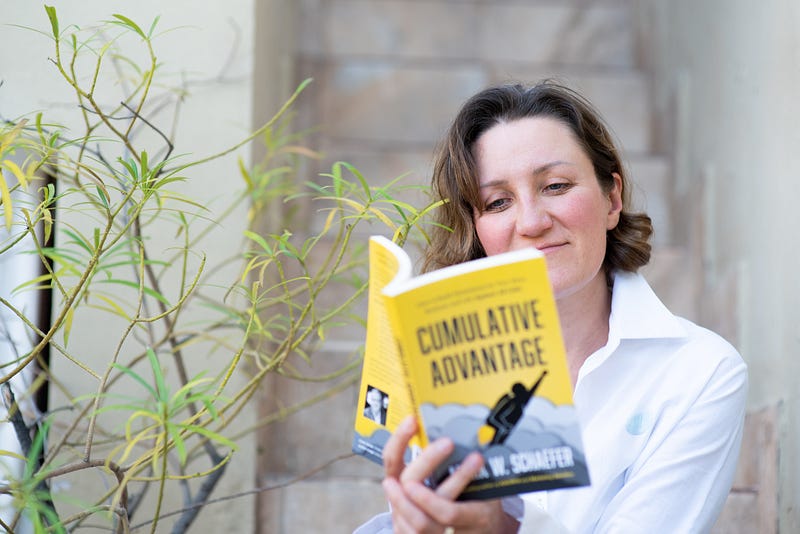5 Empowering Strategies to Overcome Anxiety
5 tips to cope with anxiety
We all feel anxious or nervous at times, especially when facing a challenge, pressure to perform, or fear of making a mistake.
These feelings are not typically dangerous, but our brains might respond as if they are.
For instance, you might feel nervous before an important test or anxious when it’s your turn to speak in class.
These feelings are uncomfortable, but manageable. Instead of avoiding anxiety triggers, it’s better to face them.
Here are five strategies to help you learn to cope with anxiety:
Adopt a Growth Mindset

Some people have a “fixed mindset” and might think, “This is just how I am.
I get anxious before speaking in class, so I won’t raise my hand.” With a fixed mindset, people believe things can’t change.
However, brain science has shown that it’s possible to teach the brain new ways of responding.
Those with a “growth mindset” understand that with effort and practice, they can improve in almost any area of life, including managing anxiety.
Identify Your Anxiety Triggers

Learn to recognize the physical sensations of anxiety.
Do you get butterflies in your stomach?
Do your hands sweat or tremble? Does your heart race?
Acknowledge that these feelings are part of the body’s normal response to a challenge. They aren’t harmful and will pass on their own.
Next time you feel them, try to notice them without being bothered. Accept them and let them be there without giving them all your attention.
Practice Mindful Distraction

Engage in activities that require focus and concentration, redirecting your mind from anxious thoughts.
It could be a hobby, a puzzle, or even a physical activity. Mindful distraction allows you to take a break from anxiety and return to the situation with a clearer mind.
Challenge Negative Thoughts

When anxious, we often tell ourselves things like, “I can’t do this” or “What if I mess up?”
Instead, challenge these thoughts. Ask yourself, “Is this thought realistic? What’s the worst that could happen, and how likely is it?”
By disputing negative thoughts, you reduce their power over you.
Face the Situation

Don’t wait for anxiety to disappear.
You might think about postponing speaking in class until you’re no longer anxious. But that’s not how it works.
Facing anxiety is what helps you manage it. This is called exposure.
Learning to cope with anxiety takes time, patience, and, most importantly, practice and willingness to face anxiety-inducing situations.
Start with a small step. The more you practice, the better you’ll get at handling anxiety.
When using these five steps, it can be helpful to seek guidance and support from a parent, school counselor, or therapist.
And if your anxiety is too intense or difficult to handle, talk to your parents or another trusted adult.
With proper care and support, you can learn to manage your anxiety.
